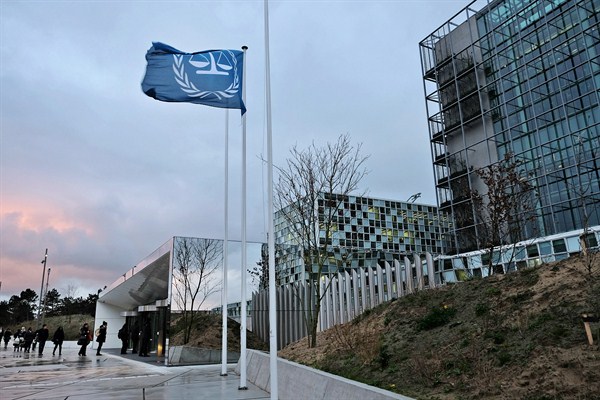International justice has taken a reputational nosedive since the late 1990s, when the creation of the International Criminal Court signaled a new age of global accountability. Some of this has involved predictable pushback from political leaders who would rather not be called to account. But other complaints resonate more widely.
Some say that the ICC’s focus on Africa and its inability to address atrocities from North Korea to Syria reflect the double standards of global power, not the impartiality of law. The worldwide resurgence of populism and nationalism, capped by the election of Donald Trump as U.S. president, appears to pose an existential challenge to the principle that even the powerful should be brought to account for the most horrific crimes. But international justice can survive, and even thrive, in this more hostile climate.
What we know today as international justice arose in the 1940s as a means of restoring a nation-state system that had been battered by war and mass crime. The trials of former Nazi leaders at Nuremberg in 1945 and 1946 came about not as a product of wild-eyed idealism, but rather through pragmatic insight: that new legal constructs were needed to address the unprecedented nature and scale of crimes committed during World War II.

